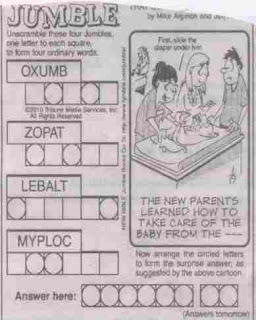
For beginners
A simple way to understand the various sentence formations for different tenses is as follows:-
They are Simple Past, Past Continuous, Past Perfect, and Past Perfect Continuous.
Simple present, Present Continuous, Present Perfect, Present Perfect Continuous.
Simple Future, Future Continuous, Future Perfect, Future Perfect Continuous.
The different forms a verb would take for these tenses are explained with a simple verb ‘Go’. See how the sentences change with respect to the tenses by looking at the table.
|
| Simple | Continuous | Perfect | Perfect Continuous | Remarks |
| Past | Only verb (Went) for eg: I went home | ‘ing’(was going) for eg: I was going home. | Had (had gone) For eg: I had gone home. | had been For eg: I had been going home. | Root Verb used as example is ‘Go’ |
| Present | Only verb (Go) | ‘ing’ (am going, is/are going etc.) | Has/have (has gone, have gone) | has been/have been + ‘ing’ form | --- Do---- |
| Future | Will/shall + verb (will go, will eat ) | Will be+ verb(will be going, will be eating) | Will/shall+ have+ verb in past participle form such as given+eaten | Will /shall have been | Seldom used |
Note that ‘ing’ form follows ‘am’ and ‘be’, in present continuous and future continuous respectively. Beginners may read the ensuing paragraph about the word 'would', which I have written for middle/advanced levels.
For middle/advanced levels
The usage of the word ‘Would’ has a wide range of application during construction of sentences. The word is used in the following ways:-
 As a past tense for the word ‘will’
As a past tense for the word ‘will’
 Expressing politeness
Expressing politeness
 To express an action in the near future ( ‘going to’)
To express an action in the near future ( ‘going to’)
 To talk about a future action in the past.
To talk about a future action in the past.
Let’s take the first case.
I would rise by 5.00 AM early in the morning and would leave for my school at 6.00 AM during my school days. (This explains an action done in the past implying the action ‘used to’ usually referred to routine actions. While writing it is preferable to use ‘would’ than ‘used to’.)
He would see that the poor always benefited. (This is again an action done in the past, where you convey the good nature of the person spoken about)
Negatives of would
I wouldn’t agree to the proposal (indicates a negative of would in the past)
“He wouldn’t be irritated even if somebody tried to annoy him deliberately” (indicates a negative in the past)
Expressing politeness
“Would you like to have a cup of coffee?”
“Would you mind carrying this for me?”
“Would you please look into the matter?”
Expressing an action in the future
The department would shortly initiate disciplinary proceedings against the erring official (going to)
The management would like to place on record the hard work of all the employees (going to - in the immediate future
I would be at pleasure to host you next week.
There wouldn’t be any break in the alliance parties (in the immediate future).
To talk about future in the past
I knew it would meet him later. (There is a combination of past and a ‘future in the past’)
Results of the previous jumble
BUXOM
TOPAZ
BALLET
COMPLY
THE NEW PARENTS LEARNED HOW TO TAKE CARE OF THE BABY FROM THE----
Solution: BOTTOM UP.
Meanings of the words
Buxom- attractive with a bigger size
Topaz- A yellow precious stone
Ballet- A form of dance
Comply- to obey, abide by some order, adhere with some instruction
Trivia of the day
Name the house in which Mahatma Gandhi lived at Johannesburg.
Answer: The Kraal.
Thought of the day
Do not follow where the path may lead. Go instead where there is no path and leave a trail
-Ralph Emerson.
Are you ready for the next set of jumbled words?
Go to the Top.
